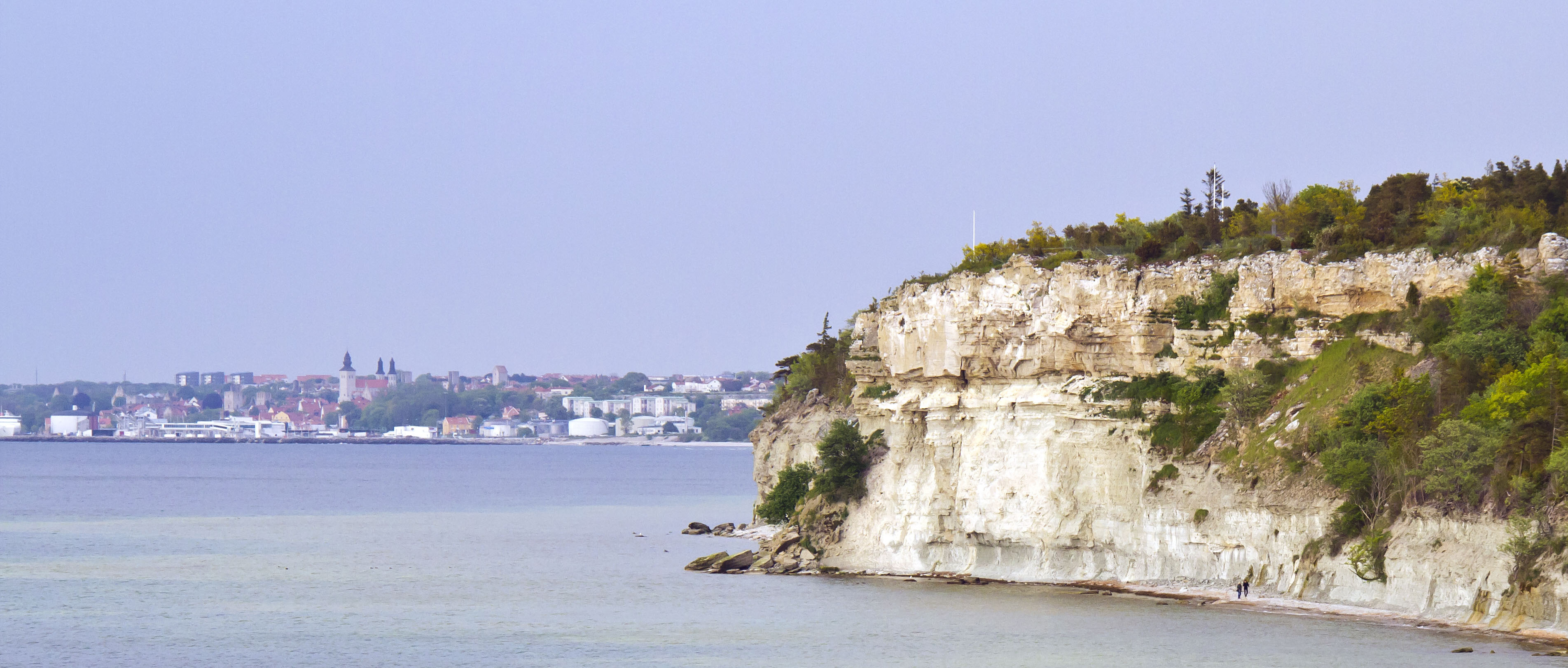RESEARCH THEMES
RESEARCH Streams
SHORTCUTS
Want to know more about our research? Click here!
INTERDISCIPLINARY COURSES
Stockholm Resilience Centre offers interdisciplinary courses on first (Undergraduate), second (Master's) and third (PhD) levels of University education. Want to know more about our courses? Click here!
POLICY and Practice
Our engagement in science-policy-practice activities has increased steadily over the years and range from high-level UN dialogues to local resilience assessments. Want to know more about our policy work? Click here!

Seminar with Malin Pinksy, 16 September 2016, exploring the differeces between global change processes on land and in water. Photo: T. Kåpe/Azote
Bildtext får vara max två rader text. Hela texten ska högerjusteras om den bara ska innehålla fotobyline! Photo: B. Christensen/Azote
Stockholm Seminar
Global change: How odd are the oceans?
Seminar with Malin Pinsky, 16 September 2016
Text
The same ecological and evolutionary processes operate in both marine and terrestrial environments, and yet marine ecosystems have substantially different physical conditions, geographic patterns, and taxonomic diversity than ecosystems on land. Given these differences, do the process of global change play out similarly on land and in the ocean? In this talk, I will present a few striking contrasts and similarities. First, I will present evidence that marine species are better able to shift their distributions as climates change, while many terrestrial species appear to be lagging behind. Second, I will show how conventional wisdom about which species are most at risk of decline does not apply in the ocean. Finally, I will discuss the surprisingly similar histories of global change in the ocean and on land, and what we can learn from the longer history of impacts on land. These differences imply the need for distinct conservation and climate adaptation approaches in the ocean.
About Malin Pinsky
Malin Pinsky is Assistant Professor at the Department of Ecology, Evolution, and Natural Resources at Rutgers State University of New Jersey. Dr Pinsky is an ecologist with a strong interest in marine communities and molecular tools. His research integrate theory, population genetics, and field ecology to understand population dynamics of coastal marine species. How are we as a society impacted by and impacting marine species? What choices can we make to alter these impacts and benefits? What will the oceans look like in a decade or a century? His projects have included studies examining adaptation to climate change in temperate marine fish and fisheries, larval dispersal in coral reef fish to inform marine reserve design, and seal population dynamics in response to climate change and hunting.

Stockholm Resilience Centre
Stockholm University, Kräftriket 2B
SE-10691
Phone: +46 8 674 70 70
info@stockholmresilience.su.se
Organisation number: 202100-3062
VAT No: SE202100306201



